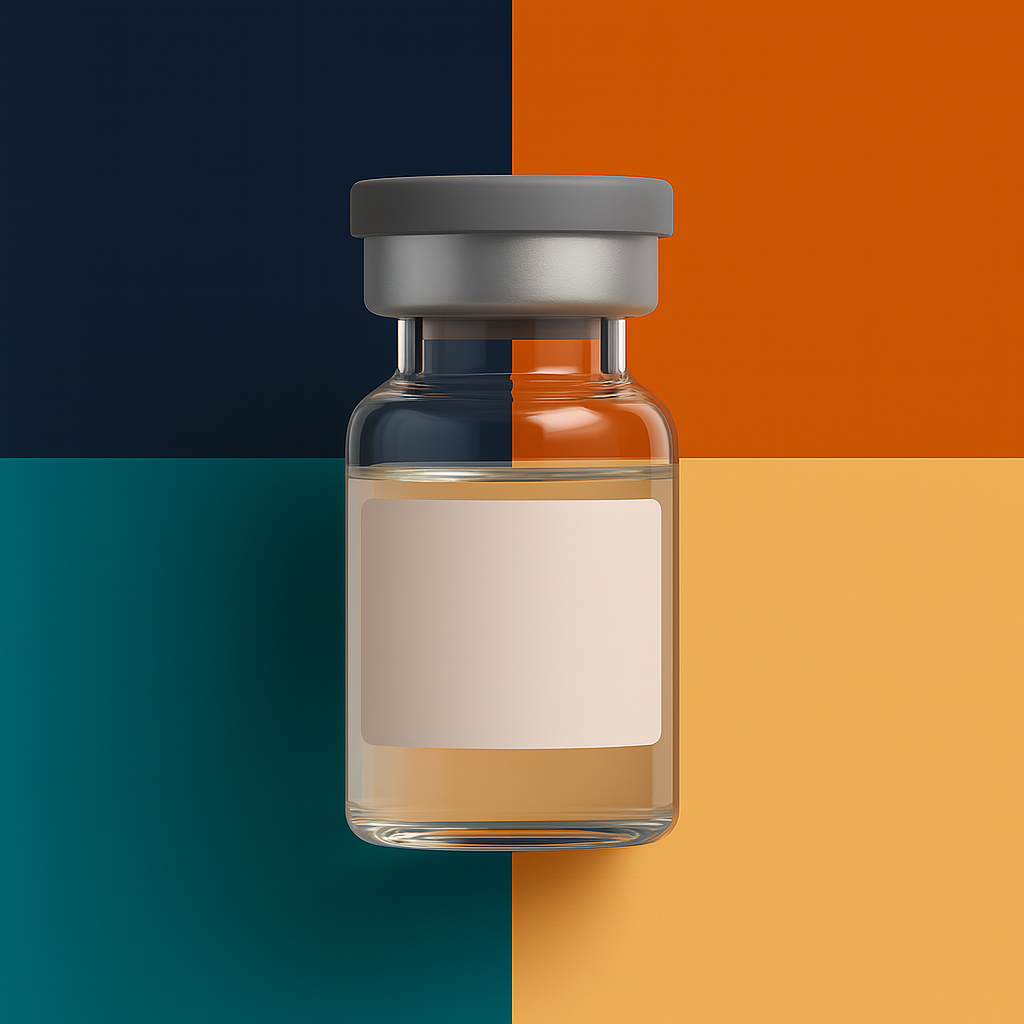
Ozempic® generic


What is semaglutide?
Semaglutide injection is used for the following:
Semaglutide injection is in a class of medications called incretin mimetics. It works by helping the pancreas to release the right amount of insulin when blood sugar levels are high. Insulin helps move sugar from the blood into other body tissues where it is used for energy. Semaglutide injection also slows the emptying of the stomach and may decrease appetite and cause weight loss.
Over time, people who have diabetes and high blood sugar can develop serious or life-threatening complications, including heart disease, stroke, kidney problems, nerve damage, and eye problems. Using medication(s), making lifestyle changes (e.g., diet, exercise, quitting smoking), and regularly checking your blood sugar may help to manage your diabetes and improve your health. This therapy may also decrease your chances of having a heart attack, stroke, or other diabetes-related complications such as kidney failure, nerve damage (numb, cold legs or feet; decreased sexual ability in men and women), eye problems, including changes or loss of vision, or gum disease. Your doctor and other healthcare providers will talk to you about the best way to manage your diabetes.
How should this medicine be used?
Semaglutide injection comes as a solution (liquid) in a prefilled dosing pen to inject subcutaneously (under the skin). It is injected once a week without regard to meals. Use semaglutide injection on the same day each week at any time of day. You may change the day of the week that you use semaglutide as long as it has been 2 or more days (48 or more hours) since you used your last dose.
Use semaglutide injection exactly as directed. Do not use more or less of it or use it more often than prescribed by your doctor.
Your doctor will probably start you on a low dose of semaglutide injection and increase your dose after 4 weeks. Your doctor may increase your dose again after another 4 weeks based on your body's response to the medication.
Semaglutide injection helps to control diabetes and weight loss, but it is not a cure. Continue to use semaglutide injection even if you feel well. Do not stop using semaglutide injection without talking to your doctor.
You will be shown how to use the injection pen by your doctor or nurse. You will also be given instructions for use with the medicine. This will tell you how to inject it. Read it carefully. Ask your pharmacist or doctor if you have any questions about how to inject this medication.
Always look at the semaglutide solution before you inject it. It should be clear, colorless, and free of particles. Do not use semaglutide if it is colored, cloudy, thickened, or contains solid particles, or if the expiration date on the bottle has passed.
Never reuse needles and never share needles or pens. Always remove the needle right after you inject your dose. Dispose of needles in a puncture-resistant container. Ask your doctor or pharmacist how to dispose of the puncture resistant container.
Inject semaglutide in your upper arm, thigh, or stomach area. Use a different site for each injection.
What special precautions should I follow?
Before using semaglutide injection,
What side effects can this medication cause?
Semaglutide injection may cause side effects. Tell your doctor if any of these symptoms are severe or do not go away:
Some side effects can be serious. If you experience any of these symptoms or those listed in the IMPORTANT WARNINGS section, call your doctor immediately or get emergency medical treatment:
Semaglutide injection may cause other side effects. Call your doctor if you have any unusual problems while using this medication.
If you experience a serious side effect, you or your doctor may send a report to the Food and Drug Administration's (FDA) MedWatch Adverse Event Reporting program online (https://www.fda.gov/Safety/MedWatch) or by phone (1-800-332-1088).
In case of emergency/overdose
In case of overdose, call the poison control helpline at 1-800-222-1222. Information is also available online at https://www.poisonhelp.org/help. If the victim has collapsed, had a seizure, has trouble breathing, or can't be awakened, immediately call emergency services at 911.
🔗 Reference: https://medlineplus.gov/druginfo/meds/a618008.html